Botulinum in pickles, how to recognize it and why is it dangerous?
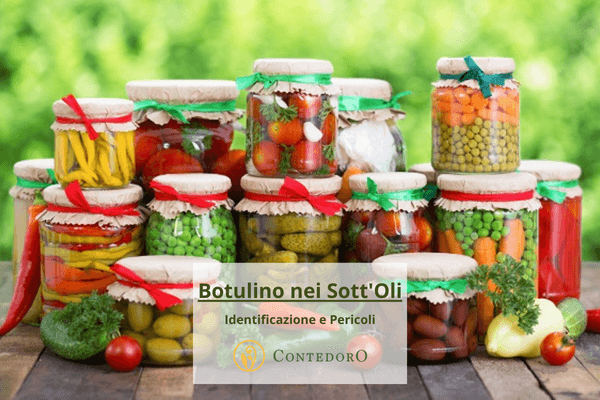
Reading time: 4 minutes
When it comes to food and wine, we expect to enjoy delicious flavors and high-quality ingredients. However, it is important to be aware of potential food hazards that can occur, such as botulinum in pickles. Botulinum is a bacterium that produces a neurotoxin that is dangerous to human health. In this article, we will explore how to recognize botulinum in pickles and why it is considered dangerous. You will also learn how to protect yourself and ensure the safety of your meals.
INDEX
- What is botox?
- How does botulinum develop in pickles?
- How to recognize the presence of botulinum in pickles?
- Why is botulinum in pickles dangerous?
- Prevention of botulism in pickled oils
- Conclusions
- WHAT TO REMEMBER.
What is botox?
Botulinum is a toxin produced by the bacterium Clostridium botulinum. This bacterium can be present in a variety of environments, including agricultural soils and water. Botulinum is one of the most potent toxins known to man and is particularly dangerous because it can cause severe muscle paralysis called botulism.
Read also: Replacing Butter with Oil, When It’s Recommended to Do It
How does botulinum develop in pickles?
Botulinum can develop in some improperly stored foods, including pickles in oil. This bacterium reproduces in oxygen-free environments, such as those found in canned foods in oil. The oil creates an anaerobic environment that promotes the growth of botulinum. Preserves in oil contaminated with the bacterium may appear organoleptically normal, making it difficult to recognize its presence.
How to recognize the presence of botulinum in pickles?
It is critical to learn how to recognize the signs of botulinum in pickled vegetables to avoid the risk of food poisoning. Here are some key points to keep in mind:
- Jar swelling: if the lid of the jar is swollen or stiff to the touch, it could indicate the presence of gas produced by botulinum.
- Changes in odor: if the oil has a strange or unpleasant odor, it could be a sign of botulinum contamination.
- Abnormal consistency: if you notice an odd consistency, such as clumping or separation of the oil, it is best not to consume the product.
- Altered coloration: if the oil has an unusual coloration or has dark spots, it could be a sign of contamination.
If you suspect that an in oil is contaminated with botulinum, it is important not to consume it and to contact the appropriate health authorities.
Read also: Flavored Garlic Oil, Preparation and Storage.
Why is botulinum in pickles dangerous?
Botulinum in pickles poses a serious danger to human health because of the potent toxin it produces. Botulism, the disease caused by botulinum, can lead to severe and potentially fatal symptoms. This is why botulinum in pickles is considered dangerous:
- Food poisoning: Consumption of botulinum-contaminated pickles can cause the food poisoning known as botulism. Initial symptoms include muscle weakness, dizziness, dry mouth and visual disturbances. Over time, muscle paralysis can spread throughout the body, including the muscles needed for breathing, putting the patient’s life at risk.
- Difficulties in diagnosis: Botulism can be difficult to diagnose because the symptoms may be similar to other diseases. In addition, signs of botulinum contamination may not be visually evident in the in oil. This means that a person may consume the product without realizing the risk he or she is taking.
- Serious health consequences: Botulism can have serious and permanent health consequences, especially if not treated promptly. Complications can include nerve damage, persistent muscle weakness, speech and swallowing disorders, and respiratory problems.
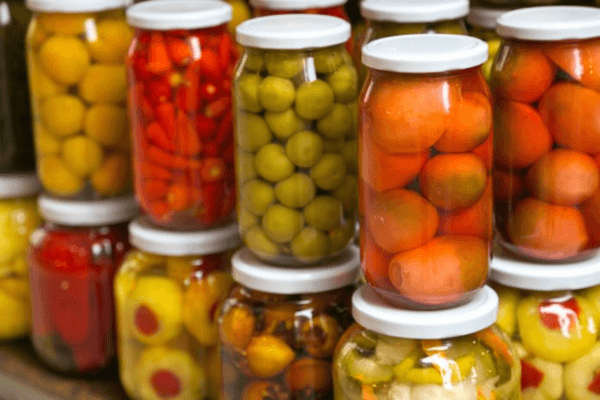
Prevention of botulism in pickled oils
Fortunately, there are steps that can be taken to prevent botulinum contamination in pickles and protect your health:
- Choosing safe products: Buy pickles in oil from reputable and reliable producers. Check labels to ensure that proper production and storage practices have been followed.
- Inspection of packaging: Carefully inspect jars of pickles in oil before purchase. Avoid those with swollen or damaged lids. Make sure the cap makes a vacuum when opened.
- Proper storage: Store the sub-oils in a cool, dry place. After opening, store them in the refrigerator and consume within the recommended time.
- Watch out for abnormal characteristics: Watch out for any signs of contamination such as strange smells, altered coloration or unusual textures. If anything seems out of the ordinary, avoid consuming the product.
Conclusions
Botulinum in pickled vegetables poses a serious risk to human health because of the potent toxin it produces. It is essential to know how to recognize the signs of contamination and take the necessary precautions to avoid food poisoning. Buy in-oils from reliable sources, inspect jars carefully before purchase, and store them properly. Pay attention to any signs of contamination such as unpleasant odors, altered coloring, or abnormal textures.
Remember that your safety and health are important. Do not hesitate to contact the relevant health authorities if you suspect botulism in pickles. Always choose high-quality products from reputable suppliers to fully enjoy food and wine without putting your health at risk.
Be aware, informed and careful when it comes to botulism in pickles. Take the right precautions and enjoy your meals with peace of mind.
Read also: Homemade Olive Oil, Here’s How in 4 Steps
WHAT TO REMEMBER.
Botulinum in pickles poses a serious risk to human health because of the potent toxin it produces. It is important to recognize the signs of contamination, such as swollen lids, unpleasant odors or abnormal textures. Consumption of contaminated pickled vegetables can cause botulism, a life-threatening illness. To prevent contamination, choose high-quality products from reputable producers, check jars carefully before purchase, and store pickles properly. Your safety and health are paramount, so always pay attention and consult health authorities if you have any concerns or signs of contamination.
Enjoy your food and wine experience with peace of mind!
-
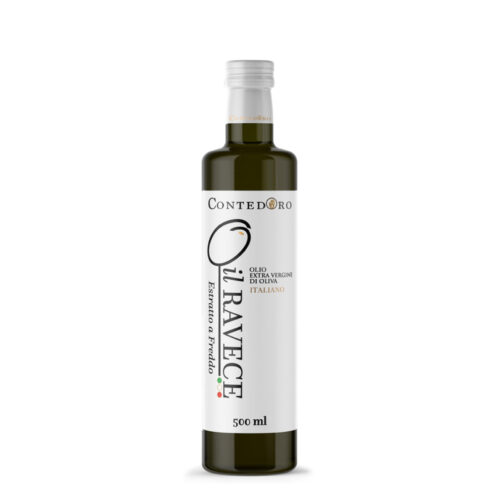 Oil Ravece
Oil Ravece -
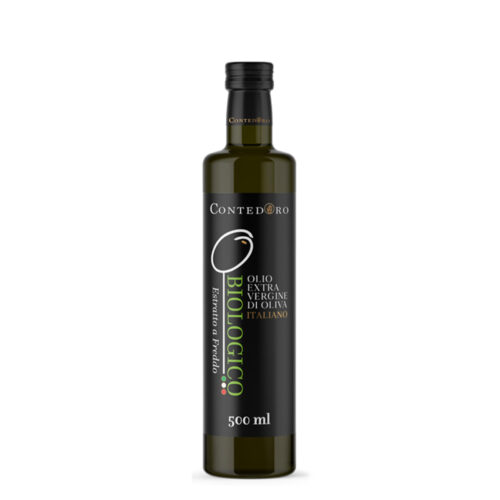 Organic Extra Virgin Olive Oil
Organic Extra Virgin Olive Oil -
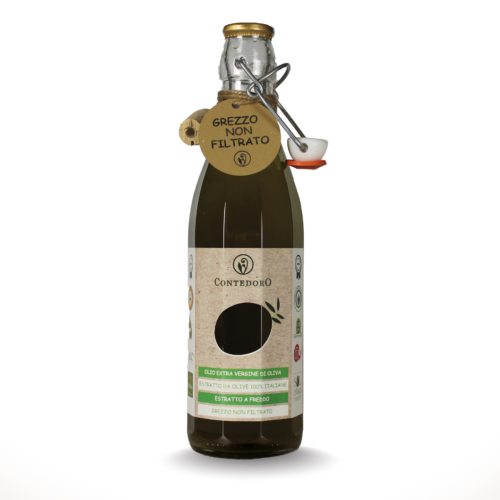 Raw Oil – Unfiltered EVO 0.50 and 5Lt.
Raw Oil – Unfiltered EVO 0.50 and 5Lt. -
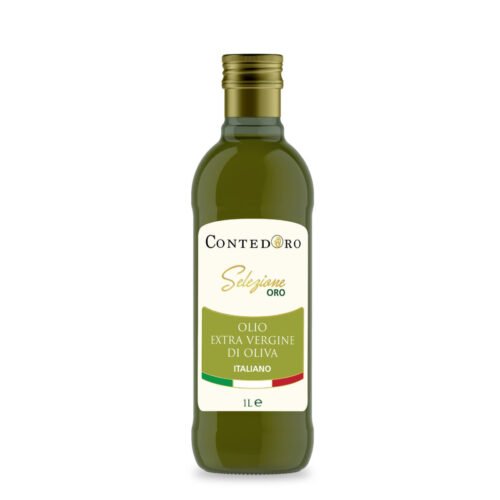 GOLD selection
GOLD selection -
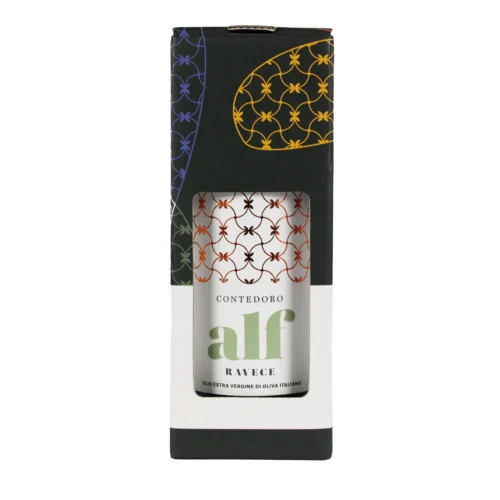 ALF – Ravece Selection
ALF – Ravece Selection -
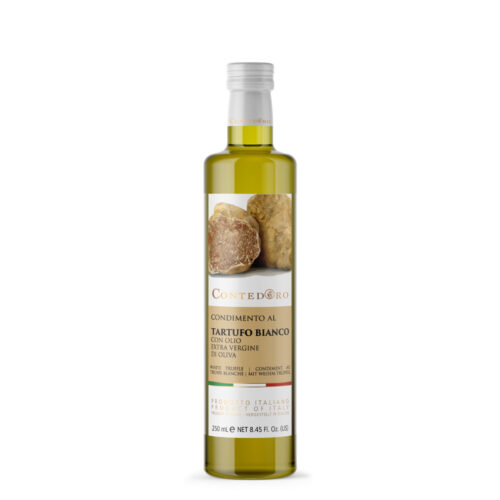 Extra virgin olive oil flavored with white truffle
Extra virgin olive oil flavored with white truffle -
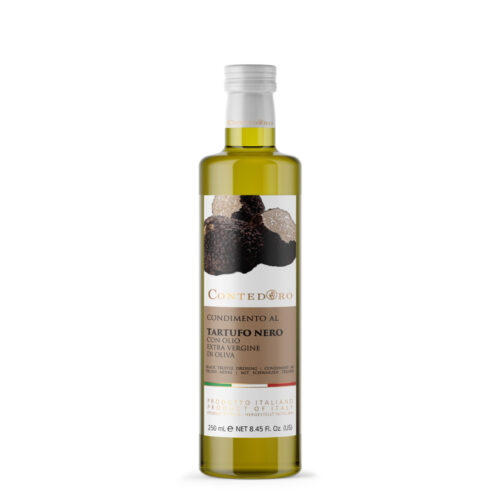 Extra virgin olive oil flavored with black truffle
Extra virgin olive oil flavored with black truffle -
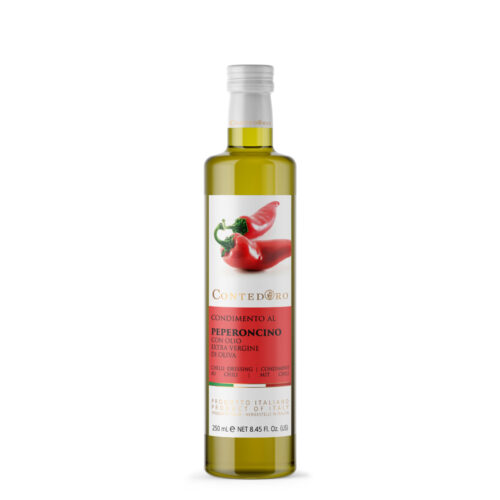 Chili pepper flavored extra virgin olive oil
Chili pepper flavored extra virgin olive oil -
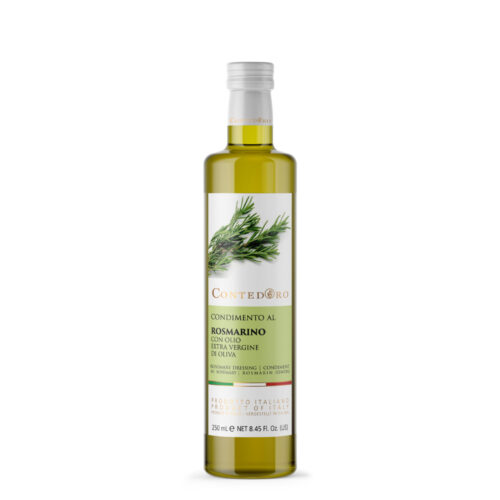 Extra virgin olive oil flavored with rosemary
Extra virgin olive oil flavored with rosemary -
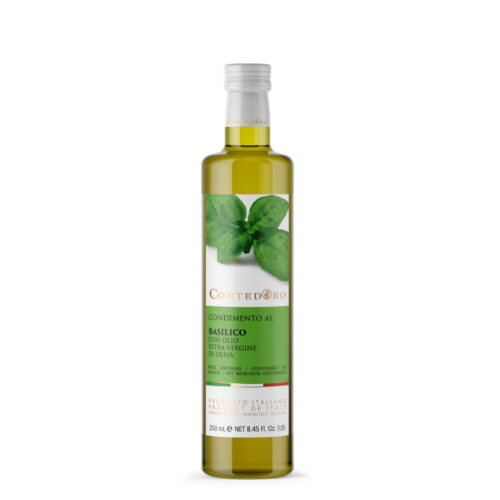 Basil-flavored extra virgin olive oil
Basil-flavored extra virgin olive oil -
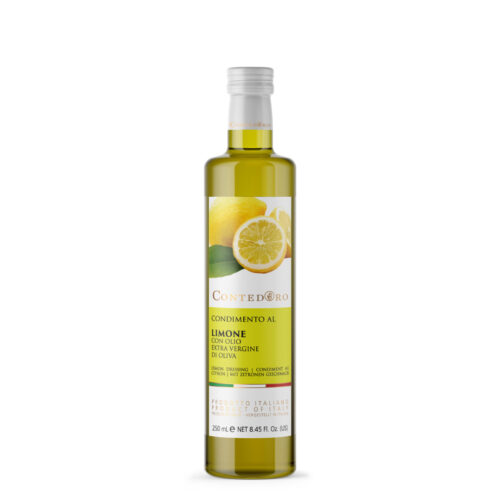 Lemon-flavored extra virgin olive oil
Lemon-flavored extra virgin olive oil -
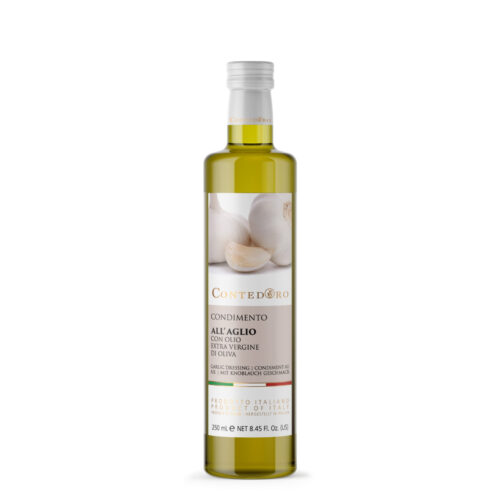 Garlic-flavored extra virgin olive oil
Garlic-flavored extra virgin olive oil

Alfio Lo Conte
Tecnico ed esperto degli oli extravergini di oliva, iscritto nell’Elenco Nazionale sezione Campania.
Maestro di frantoio con diploma, conseguito presso International Extravirgin Agency.
Read more articles by: Alfio Lo Conte
Recent Comments